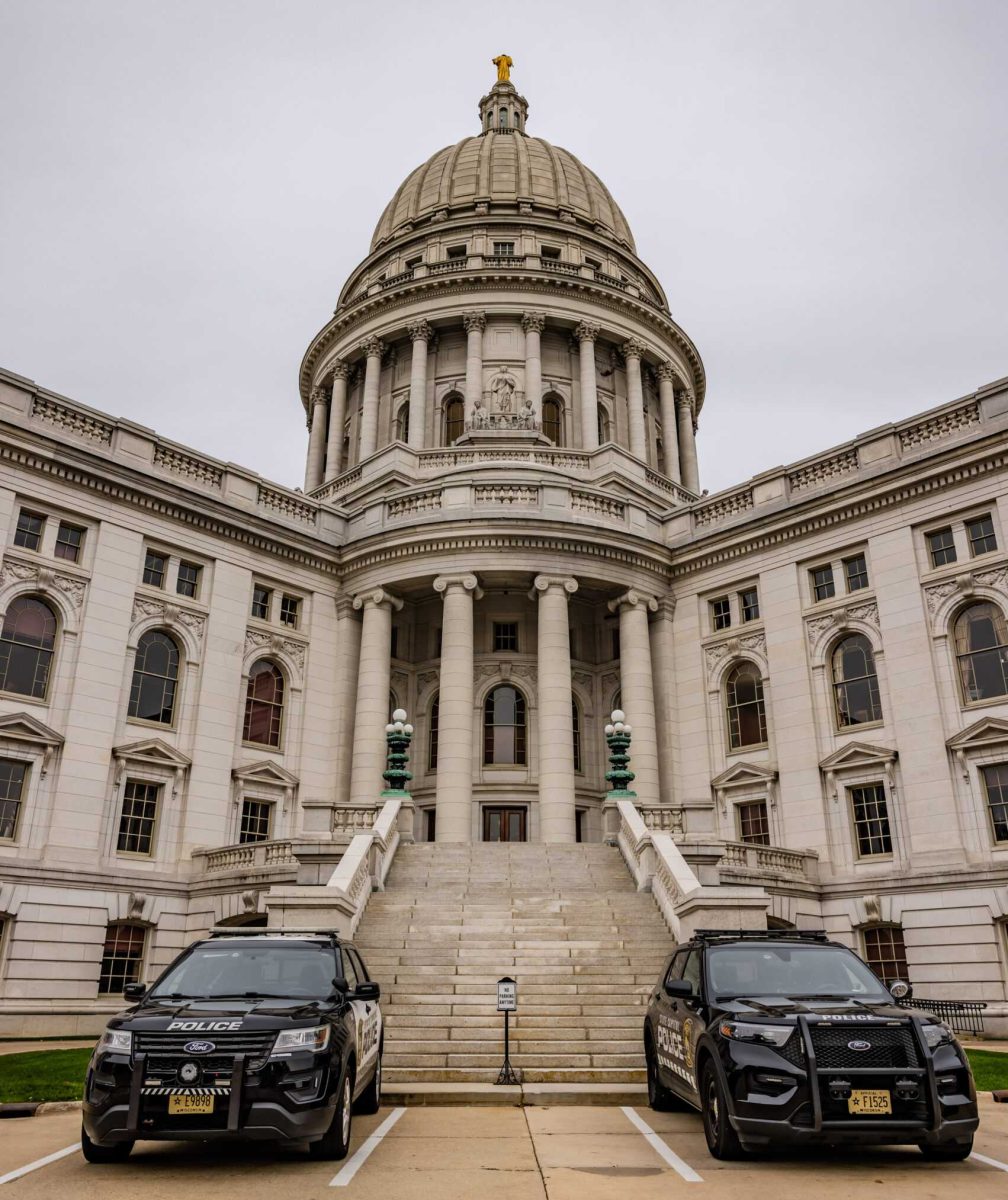
The Lakeshore Nature Preserve Committee may approve a ban on bicycles in the Picnic Point area as early as April after concerns that reckless bicyclists increase the chances of collisions with pedestrians and contribute to environmental problems.
After turnstiles to restrict bike access were removed in 2005, Bill Barker, an associate dean in the College of Letters and Science, said the common issues of cyclists causing erosion and contributing to the spread of invasive species in the area have increased.
He said the problems of cyclists driving too fast and deviating from the marked trails have also caused erosion in the Lakeshore Nature Preserve.
“We wanted to be inclusive. However, these problems have continued,” Barker said. “We need to try to be good stewards for the woods.”
Barker said though the committee’s purpose is to advise the chancellor on matters relating to the well-being of the nature reserve, the group is responsible for determining possible restrictions for the area.
He also said the meeting’s low attendance by members of the public demonstrates the measure is not contentious. He added he did not want to presuppose what course of action the committee will take, but a ban on bicycles on the reserve could be implemented after the group’s next meeting in April.
Barker also said of the nearly 330 acres of campus land that compose the preserve, the main commuter route to the end of the point is the only path cyclists are currently permitted to use.
Daniel Einstein, program manager for facilities planning and management, said the survey found a significant number of users polled also said allowing fast cyclists interferes with their recreational experience in the nature reserve.
Einstein said the various participants surveyed during two weeks represented different age groups and engaged in alternate forms of recreation; 72 percent said they oppose allowing fast bicycles in the area.
Members of Madison area bicycle clubs in attendance said other opportunities for cyclists, including the completion of a number of new bicycle trails, have drawn cyclists away from Picnic Point.
Jan Hornback, an avid cyclist and former committee member, said she would like to see increased efforts by the committee to educate the public on the potential environmental efforts of irresponsible bicycling.
While the UW Police Department previously said they would not write citations for reckless bicycle usage on the point, Hornback said engaging students during peak bicycle seasons could effectively increase the public’s awareness.
She added current signage posted to remind users to proceed slowly on the trail is not prominent enough to be effective, and the multi-use nature of the area increases the chances of accidents involving pedestrians and cyclists.
“[Pedestrians] often aren’t perceptive of speed, so the situation is pregnant for an accident with these conditions,” Hornback said.
She also said bike racks added several years ago have fallen into such a state of disrepair that cyclists cannot be confident their bicycles will be safe.

















